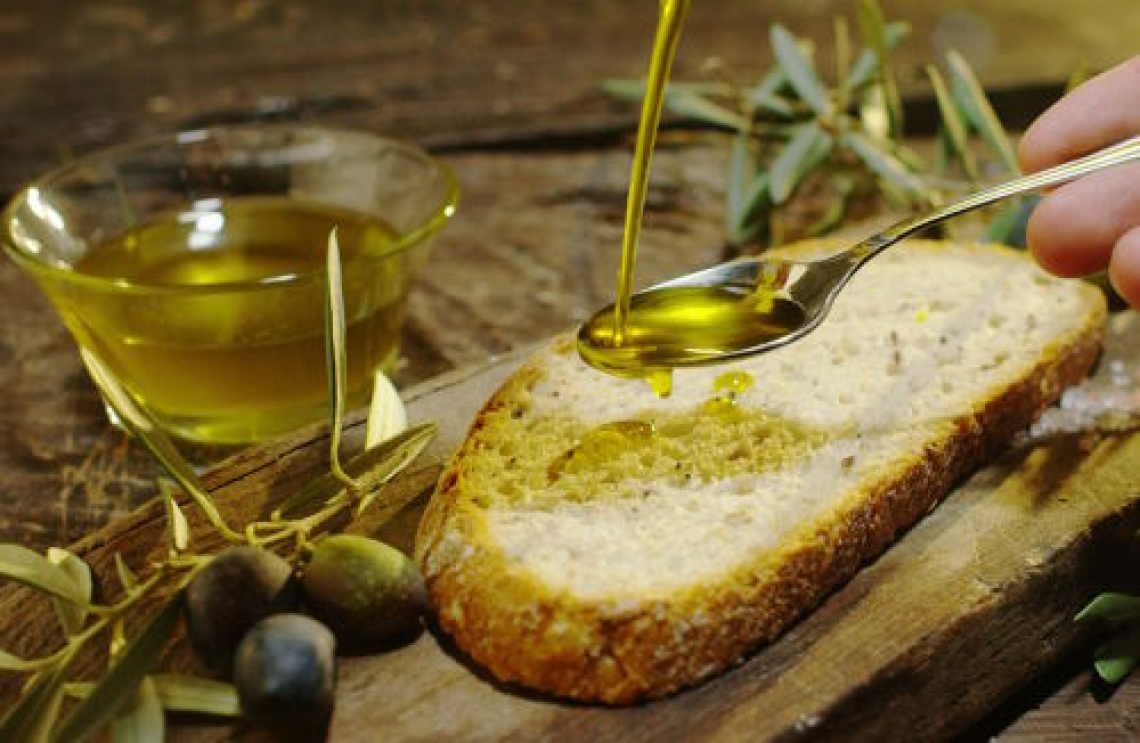Olive oil tourism can serve as a platform to promote sustainability connects consumers with the agricultural and cultural aspects of olive oil production, promotes sustainable practices and contributes to the overall well-being of local communities and ecosystems.
Based on one bibliographic search on 42 published research activities it turns out that Olive oil tourism is primarily a Spanish phenomenon, while other countries with apparently similar potential, such as Portugal or Italy, do not seem to be investing in this emerging form of rural tourism. disciplinary researched in the olive oil tourism literature.
It is necessary to invest in research that focuses on the approach to supply that addresses aspects related to the product itself, waste reduction/circular economy, characteristics of organizations and/or institutional frameworks and management that support olive oil tourism. Creation of favorable conditions by local, regional or national authorities that promote olive oil tourism and related products, together with the involvement of all stakeholders (tourism operators, local communities, farmers, restaurants, accommodation, olive oil packing and processing companies, schools and political and administrative centers of the region/locality) becomes a necessity.
Moreover, with that in mind Climate change is emerging as a major threat to the vitality of olive production more in-depth studies are needed on the environmental impact of climate change and air currents on olive oil production and how this may affect olive tourism.
These results can be explained by the fact that olive oil tourism is still at an early stage of development and requires greater involvement of different stakeholders. On the one hand, in fact, the dramatic economic crisis that has affected many European rural areas and beyond has made the promotion of olive oil tourism one of the most promising approaches to improving the sustainability of these rural areas. However, it should be noted that Olive oil tourism is a type of tourism linked to the rural environment, agriculture, olive growing, gastronomy and traditions of rural areas. For this reason, it is essential to understand that this form of tourism is closely linked to the wider tourism system and other tourism products in the rural area. Its effects will be even more significant if it manages to engage space resources to provide the most profitable offer possible.
On the other hand, since the Mediterranean diet was declared an intangible heritage of humanity and olive oil is one of its pillars, olive oil tourism as a form of gastronomic and cultural tourism found another argument to support its development in rural areas.
Since immigration problems are perhaps one of the obstacles to the development of this form of tourism in countries like Italy, and since no studies have been found on the age, gender and ethnicity of workers in olive oil production, more attention should be paid to this aspect. It is important that governments, employers and civil society work together to address the root causes of labor exploitation and implement effective measures to protect the rights and welfare of migrant workers in the olive oil industry.
It is also necessary to organize seminars with industry operators and the scientific community in order to expand knowledge about the activities associated with this type of tourism and to create a European network of cooperation between similar areas and programs in regions that have the potential to promote olive oil tourism. A good example is the Olive Tree Route in Greece, which represents the first attempt to unite some Euro-Mediterranean olive-growing countries and share common problems and issues related to the development of rural tourism in their areas.

